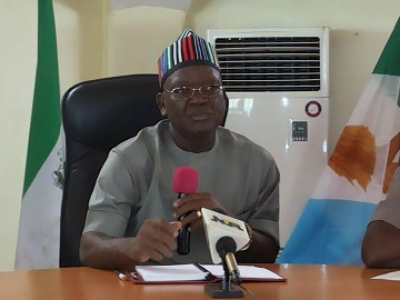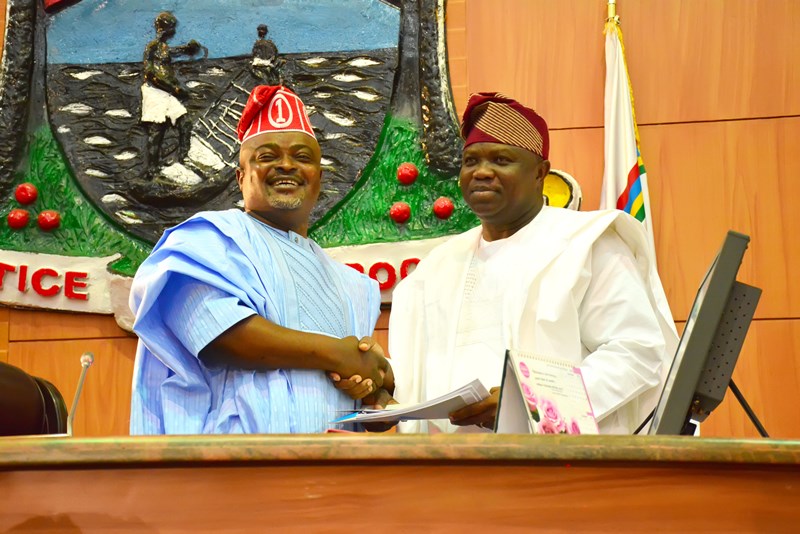Tony Ojobo, Director Public Affairs at the Nigerian Communications Commission, NCC, has said the significance of data availability through robust broadband is a key resource to the building of a digital economy.
Ojobo declared in a keynote address he delivered extemporaneously at a critical segment of the just concluded Digital PayExpo in Lagos tagged Data Fiesta.
Data Fiesta, came up for the first time at the 17-year old event to demonstrate the importance of data and broadband infrastructure in the implementation of an impeccable payment systems in the country.
Accordingly, Ojobo took the stage to engage the audience, giving anecdotal evidence of the value of data so notable in massive sales by Nigerian-based online malls such as Yudala, Jumia, Konga and among others.
He noted that the huge online banking transactions that have reduced physical traffic to the banking halls, and the amazing innovations and creativity bolstered by access to data and the Internet are proofs of what is possible with good broadband and also speaks to greater opportunities in the future which are already seen in many start-ups businesses.
“This explains why NCC is opening up new and additional spectrum bands as data needs are growing in order to increase availability of data,” Ojobo told the audience.
He recalled the auction of frequencies in the 2.3GHz, 2.6GHz, the re-planning of the 800MHz for LTE services, the re-farming of older frequencies held by operators in the sector – all of which are earmarked for data – as concrete steps taken by the NCC to ensure availability of data.
He added that there are also measurable derivable benefits for the data segment in the NCC’s technology neutrality stance.
Ojobo said all these are proofs of NCC’s mindfulness of the centrality of data for economic growth and development.
The NCC Director of Public Affairs also reminded the audience of the licensing of two infrastructure companies (Infracos) two years ago and stated that the action was designed to push the deployment of backbone fibre across the country, and informed the audience that NCC has instituted processes for the licensing of additional five Infracos for the same purpose and to strengthen the wireless technology resources available in the telecom sector.
Ojobo told the audience that the Commission is also engaging every stakeholder to secure required collaboration in all its activities.
He recalled the visits of Management of the Commission to some State Governors to ensure that operators are given necessary permits to deploy infrastructure in the States, and he said these efforts have yielded good results most recently in Ogun and Kano States.
Ojobo also told the audience that NCC will continue to liaise with the National Assembly and other relevant institutions of government to ensure that the Bill on the Protection of Critical National Infrastructure is passed speedily to check the recurring vandalism and theft of telecom infrastructure and equipment because of the attendant disruptions the damage and theft of equipment impose on the quality of service.



